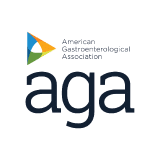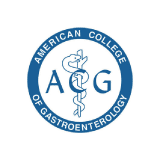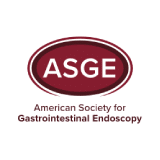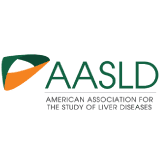The specialty of Gastroenterology and Hepatology diagnoses and treats disorders of the digestive system, which is made up of the esophagus, stomach, small intestine, colon, liver, pancreas and biliary system. With advanced technology, an experienced staff, and a complete continuum of services, Summit Pacific offers sensitive, patient-friendly, and understanding care. We are able to treat minors who are age 16 and older who weigh at least 110 pounds or 50 kilograms.
Regarding colonoscopy procedures, we will need a referral first from a primary care doctor. When you meet with your doctor, please share this Endoscopy Procedure Referral Form with them.
If you don’t have a primary care doctor, call us at 360-346-2222 to help you find a physician that matches your needs.
Learn more about the services provided by Summit Pacific’s Gastroenterology and Hepatology Department.
Gastrointestinal Disorders Treated:
- Gastroesophageal reflux disease (GERD)
- Swallowing problems & esophageal motility disorders
- Barrett’s Esophagus
- Celiac disease
- Colon cancer screening
- Colorectal polyps (including removal of large > 2 cm colon polyps)
- Inflammatory Bowel Disease (Crohn’s disease, ulcerative colitis)
- Constipation & diarrhea
- Irritable bowel syndrome
- Diverticular disease
- Gastrointestinal bleeding
- Rectal pain & bleeding
- Liver disorders
Procedures Available at Summit Pacific
- Colonoscopy
- Upper endoscopy
- Gastrointestinal stricture dilatation
- Push enteroscopy
- Tissue sampling (biopsies throughout the GI tract)
Preparing for your Colonoscopy
It is important to follow the colonoscopy prep instructions carefully and not skip any steps. Otherwise, you may not be cleaned out adequately, may require additional preparation, and your colonoscopy may need to be rescheduled.
Sedation Information
- American Association of Nurse Anesthesiology – All About Anesthesia
- GI Procedures at SPMC are done under moderate sedation for your safety and comfort.
- Prior to procedures, patients meet with the doctor doing the procedure and the anesthesia provider to ask any questions and review the plan of care.
- Please do not plan to drive, work, or conduct any major transactions following any type of sedation.
- Most patients will not remember any part of the procedure, and most will recover quickly enough to resume their normal diet and go on with light activity for the rest of the day.
- Speak Up: Anesthesia and Sedation (English)
- SpeakUp: Anestesia y Sedacion (Spanish)






